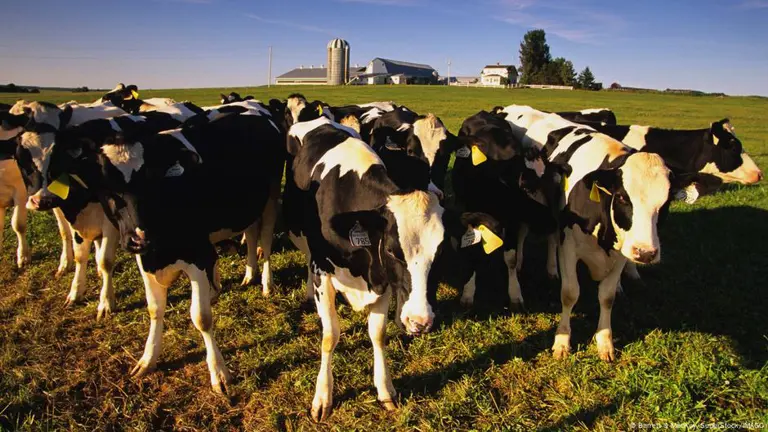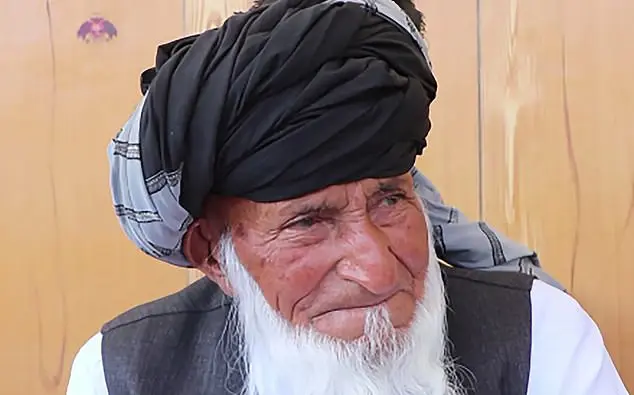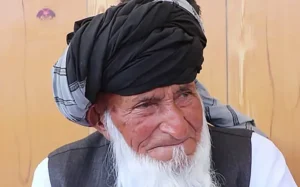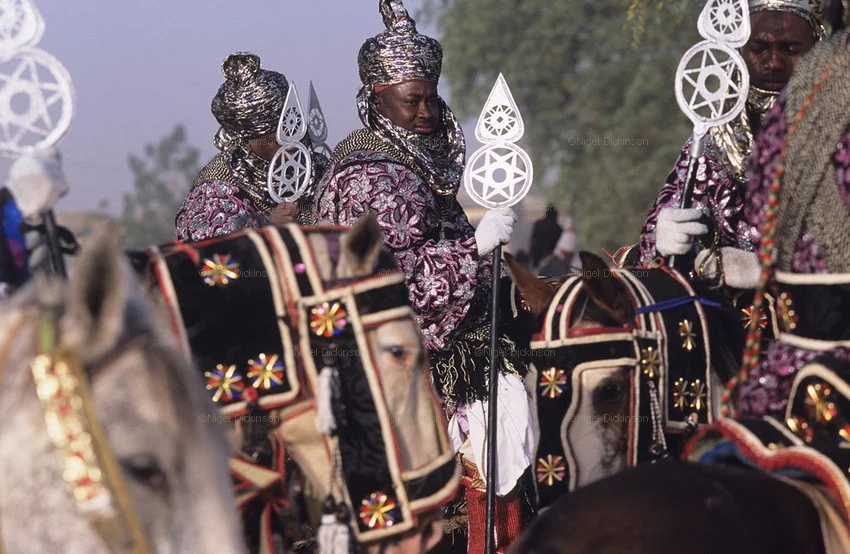Columns
IGP HOLDS VIRTUAL MEETING WITH FALANA, EBUN, MEMBERS OF TAKE IT BACK MOVEMENT
Published
8 months agoon
By
Ekwutos BlogAdvises Group to Avoid Street Procession, Liaise with Respective State Police Commissioners
The Inspector-General of Police, IGP Kayode Adeolu Egbetokun, Ph.D., NPM, on 30th July, 2024, held a constructive virtual meeting with Femi Falana (SAN), Ebun-Olu Adegboruwa (SAN) and other key members of the Take It Back Movement in light of the planned nationwide protest as part of the Nigeria Police Force’s efforts aimed at ensuring the safety and security of all citizens while upholding the constitutional right to peaceful assembly.
During the meeting, the IGP emphasized the importance of maintaining public order and safety during the planned protests. He acknowledged the group’s right to express their concerns through peaceful protests and reiterated the Police Force’s duty to facilitate such rights within the bounds of the law.
To this end, the IGP has advised the Take It Back Movement, who have indicated their interest to protest, to engage with the respective State Police Commissioners to coordinate and plan the protests in a manner that ensures the safety of participants and the general public, while pre-empting any security challenges and ensuring that the protests proceed peacefully. Additionally, the IGP strongly advised against unplanned open and unnecessary processions due to the potential dangers they pose. He stressed that organizing and coordinating with the Police and other security agencies are essential steps to mitigate risks, protect the rights of all citizens, and protect the well-being of all involved.
The Inspector-General of Police while reiterating that the Force remains dedicated to protecting the rights of all citizens and ensuring that all public gatherings are conducted safely and securely, calls on stakeholders to work together to foster a peaceful and secure environment during the planned protests.
ACP OLUMUYIWA ADEJOBI, mnipr, mipra, fCAI,
FORCE PUBLIC RELATIONS OFFICER,
FORCE HEADQUARTERS,
ABUJA
30th July, 2024
You may like


PLATEAU KILLINGS: IGP ORDERS IMMEDIATE DEPLOYMENT OF ASSETS, TACTICAL SQUADS.


Don’t fear anybody, speak up, Nigeria is collapsing – Peter Obi tells opposition


Popular hotelier, socialite murdered in Ondo


EWELIKE: BRINGING STABILITY TO IMO HEALTH CARE SYSTEM


Labour Party Delegation Meets INEC, Submits Supreme Court Judgement on Leadership.


Six killed, including pregnant woman in Ebonyi land dispute
Columns
Trump’s tariffs: Why won’t countries buy US meat products?
Published
7 hours agoon
April 9, 2025By
Ekwutos Blog
US President Donald Trump wants other countries to import more American beef and poultry. Several countries restrict importing these products for decades because they don’t meet their food safety regulations.
In an announcement on April 2, Trump called out Australian restrictions on US beef, saying: “We imported $3 billion of Australian beef from them just last year alone. They won’t take any of our beef.”
His administration also singled out the UK and EU for “non-science-based” restrictions on importing US beef, and Argentina for its ban of live US cattle exports.
Trump has used these import bans as part of his rationale to impose new trade tariffs.
Who do countries ban US beef imports?
There are different reasons why Australia, Argentina, the EU and the UK don’t import some American beef products.
For Australia and Argentina, the restrictions date back to 2003 when bovine spongiform encephalopathy (BSE) was detected in US cattle. BSE is a disease which affects the nervous system of cattle caused by misfolded proteins known as prions. It’s also known as Mad Cow Disease.
Humans can become infected with the disease when they eat meat contaminated with BSE. It is known as Creutzfeldt-Jakob disease in humans. Globally, a total of 233 people have died from Creutzfeldt-Jakob disease after eating BSE-infected.
US health authorities reduced the spread of BSE among US cattle sufficiently to see the ban on beef exports to Australia lifted in 2019.
“There may be a feeling from some producers or companies in the US that Australia is banning US beef, but there’s no ban in place,” said Robyn Alders, a veterinary scientist at the Australian National University.
But US imports are still restricted if they don’t meet Australia’s strict biosecurity laws. For US beef to be allowed into Australia, US cattle farmers must prove their cattle are entirely bred, grown and slaughtered in the US.
“To do that [tracing] in a way that would still make their product a cost-efficient thing to ship that product across to Australia, there are very few companies — virtually none at the moment — that are willing to take that on,” Alders said.
Argentina lifted its BSE ban on American beef products in 2018 but has maintained the restriction on live cattle imports until the two countries finalize a new “sanitary certificate”.
No added hormones for Europe and the UK
The EU and UK have restricted US beef imports since 1989 because the US cattle industry sometimes uses growth hormones to increase meat and milk yields. The EU does import non-hormone-treated beef from the US.
US dairy and cattle farmers routinely use hormones like estradiol 17ß and testosterone to promote faster growth and improve feed efficiency.
The EU’s ban rationale, which is also maintained by the UK post-Brexit, is based on its own scientific evaluation showing that daily intake of growth hormones can have negative health impacts, including evidence that estradiol 17ß can cause cancerous tumor growth.
The US cattle industry has argued against the EU’s restrictions, saying food safety testing in the US shows no risk to adult health.
“[However], the European perspective is that the entire population does not consist only of health adults, but [also] of infants, children, the elderly, the immunologically compromised,” said Erik Millstone, an expert in food and science policy at the University of Sussex, UK.
“EU authorities have done a much more comprehensive assessment of the risk of consuming hormone-treated beef [compared to US authorities],” Millstone said.
Chlorinated chicken banned in Europe too
The US has also criticized EU bans on importing US poultry that has been cleaned in chlorine.
US poultry farmers wash poultry meat in chlorine solutions to kill harmful bacteria such as campylobacter, which commonly causes food poisoning.
The European Food Safety Authority (EFSA) has said that chemical substances in poultry meat are unlikely to pose a health risk for consumers.
However, European authorities are concerned that rinsing chicken in chlorine at the end of the food production process allows lower standards of hygiene and animal welfare in earlier stages. EU regulations legislate animal welfare at all stages of the “farm to fork” process.
Millstone also that some research shows that chlorine rinsing may not actually have the intended effect of decontaminating meat.
“The chlorinated water was not an effective disinfectant. The bacteria remained in place, remained pathogenic, remained dangerous, infectious, but were just not detected,” Millstone said.
As a result, rates of bacterial food poisoning in the US are substantially higher than they are in the European Union or UK, said Millstone.
What do US producers need to do?
For the time being, US animal farming practices are either incompatible or too impractical to meet the food safety demands of export markets.
Australia and Argentina are open to importing US beef, but US producers must meet their regulatory standards.
For the UK and EU, it’s a more difficult path, which would require US producers to cease using growth hormones in beef production and end the practice of chlorine washing in poultry.
Polling data suggest Europeans are against allowing US meat products in — a 2020 poll found 80 per cent of the British public are against allowing imports of chlorinated chicken.
Columns
Afghan’s claim he is 140 years old is investigated by the Taliban
Published
5 days agoon
April 4, 2025By
Ekwutos Blog
The Taliban is investigating an Afghan man’s claim that he is 140 years old – which would make him the oldest person ever to have lived.
Aqel Nazir, who lives in the country’s eastern Khost province, says he was born in the 1880s.
He claims to remember celebrating the end of the Third Anglo-Afghan War in 1919 alongside King Amanullah Khan, the Afghan leader who launched a campaign against the British, while in his thirties.
Nazir, who lives in the picturesque hills in Khost, said: ‘I was in the palace with King Amanullah Khan.
‘I was over 30 at the time and I remember saying that the British had fled and knelt down.
‘Everyone was happy and thanked King Amanullah Khan for chasing the British away.
‘Many leaders accompanied us to the Arg [presidential palace], but now all of them have passed away.’
The great-great grandfather does not have any documents to support his claim, but his family are also on board with gaining official recognition of his status.

Aqel Nazir, who lives in the country’s eastern Khost province, says he was born in the 1880s

The ruling Taliban administration has dispatched a a special civil registration team to assess his true age
Khyal Wazir, his 50-year-old grandson, said: ‘He is my grandfather, and I have my grandchildren as well.’
Another grandson, Abdul Hakim Sabari, said: ‘We request the government confirm our grandfather’s age using an ID or any other scientific method or documents, to prove he is 140 years old.’
In an attempt to solve the mystery, the ruling Taliban administration has dispatched a a special civil registration team to assess his true age.
Mustaghfar Gurbaz, a Taliban spokesman for the province, said: ‘If confirmed by documents or assessments, we will work to register him as the oldest person in the world.’
If verified, he would comfortably take the title of the oldest person to have ever lived.
That record is held by Jeanne Calment, who was born in 1875 and passed away in 1997, 122 years later.
The world’s current verified oldest living person is Inah Canabarro Lucas, a Brazilian nun who turned 116 last June.
Another Brazilian woman, Deolira Gliceria Pedro da Silva, is hoping to have her own claim to be 120 years of age verified by Guinness World Records.
But experts have already cast doubt on Nazir’s claims.

The world’s current verified oldest living person is Inah Canabarro Lucas

The Brazilian nun turned 116 last June
Valery Novoselov, a geriatrician at Moscow State University, told Russian outlet AIF: ‘There are no reliably registered men on the planet older than 114 to 115 years [of age].
‘In the Caucasus in the 60s, they also recorded “long-livers” – shepherds who allegedly lived to 168 years.
‘These are so-called games with age. There are no documents, no reliable data – which means this is an unrealistic picture.’
In 2015, a man claiming to be 100 years old applied for asylum in Germany after an extraordinary eight-month journey from Afghanistan.
Like Nazir, Abdul Qadir Azizi did not have any identity papers, but his family claimed his year of birth was 1905.
Azizi, who is deaf and blind, spent one month travelling across two continents from his home in the Afghan town of Baghlan to reach Germany.
His family fled after three of Azizi’s sons were killed by the Taliban.
The plight of the elderly in Afghanistan has worsened since the Taliban takeover.
In 2024, they effectively abolished the pension system, leaving many older Afghans struggling to meet basic needs.
Previously, anyone over the age of 65 received a monthly payment of around $100 from the state.
Columns
Tourists lament cancellation of 2025 Eid-el-Fitr Durbar in Kano
Published
5 days agoon
April 4, 2025By
Ekwutos Blog
Several tourists have expressed disappointment over the abrupt cancellation of the 2025 Eid-el-Fitr Durbar, a popular traditional horse-riding festival, in Kano State.
More than 160 tourists had traveled to Kano to witness the annual Sallah Durbar, which is renowned for its grandeur and cultural significance. The cancellation, announced shortly before the event, left many visitors disheartened.
Speaking at a press briefing in Kano, Mr. Virgil Taylor, a tourist from the United States who spent a year planning his trip, described the experience as disheartening. He arrived in Nigeria on March 28, 2025, only to learn of the Durbar’s cancellation.
“Kano Durbar, as I understood from my research, was the biggest Durbar to visit. I only learned that the Durbar was canceled when I arrived in Kano. I was terribly disappointed because I had made significant financial commitments to the trip, arranging everything in advance,” Taylor said.
The first-time visitor to Nigeria noted that the Durbar represented a unique and historic opportunity for him, one he had long anticipated. Despite the setback, he appreciated the efforts of the Executive Secretary of the Kano State History and Culture Bureau, Mr. Ahmad Yusuf, and Governor Abba Kabir Yusuf, for providing alternative experiences for tourists.
Taylor, however, urged the Federal Government to minimize the issuance of security threats that could deter investors and tourists from visiting Nigeria. “Despite the financial cost, I consider my visit a blessing and would consider returning, hoping not to be disappointed again,” he added.
Similarly, Lekan Yusha’u, a UK-based Nigerian and polo agent, expressed frustration over the cancellation. He noted that his visit, along with the invitation extended to his friends, was largely inspired by UNESCO’s recognition of the Durbar as part of its heritage program.
“They have never ridden a horse in such a long procession. My goal, along with a couple of friends, was to ensure that within the next year, we put the Kano Durbar procession in the Guinness World Records. Kano Durbar has the largest gathering of horses in the world, with over 4,000 horses participating in a single procession,” Yusha’u said.
He revealed that he had spent over £6,000 on his flight alone, excluding other expenses, and had met over 160 foreign tourists who had come for the same event.
Yusha’u urged the Kano State Government to capitalize on the event’s global appeal, emphasizing that the Kano Durbar is unique to northern Nigeria.
“Both the state and federal government should not disappoint us again by canceling the Kano Durbar,” he said.
The annual Durbar festival in Kano is a cultural showcase that attracts visitors from around the world, featuring colorful horse parades, traditional dances, and displays of local heritage.

PLATEAU KILLINGS: IGP ORDERS IMMEDIATE DEPLOYMENT OF ASSETS, TACTICAL SQUADS.

Don’t fear anybody, speak up, Nigeria is collapsing – Peter Obi tells opposition

Popular hotelier, socialite murdered in Ondo
Trending

 Trending6 months ago
Trending6 months agoNYA demands release of ‘abducted’ Imo chairman, preaches good governance
- Business6 months ago
US court acquits Air Peace boss, slams Mayfield $4000 fine

 Politics6 months ago
Politics6 months agoMexico’s new president causes concern just weeks before the US elections
- Entertainment6 months ago
Bobrisky transferred from Immigration to FCID, spends night behind bars
- Entertainment6 months ago
Bobrisky falls ill in police custody, rushed to hospital

 Politics6 months ago
Politics6 months agoRussia bans imports of agro-products from Kazakhstan after refusal to join BRICS

 Politics6 months ago
Politics6 months agoPutin invites 20 world leaders
- Politics1 year ago
Nigerian Senate passes Bill seeking the establishment of the South East Development Commission.

